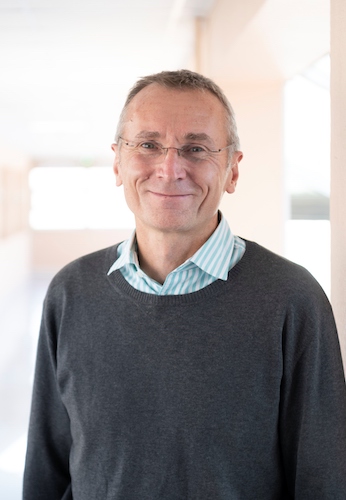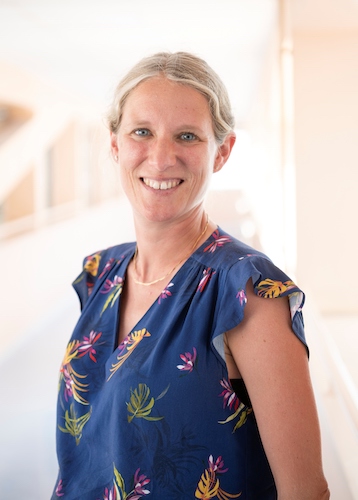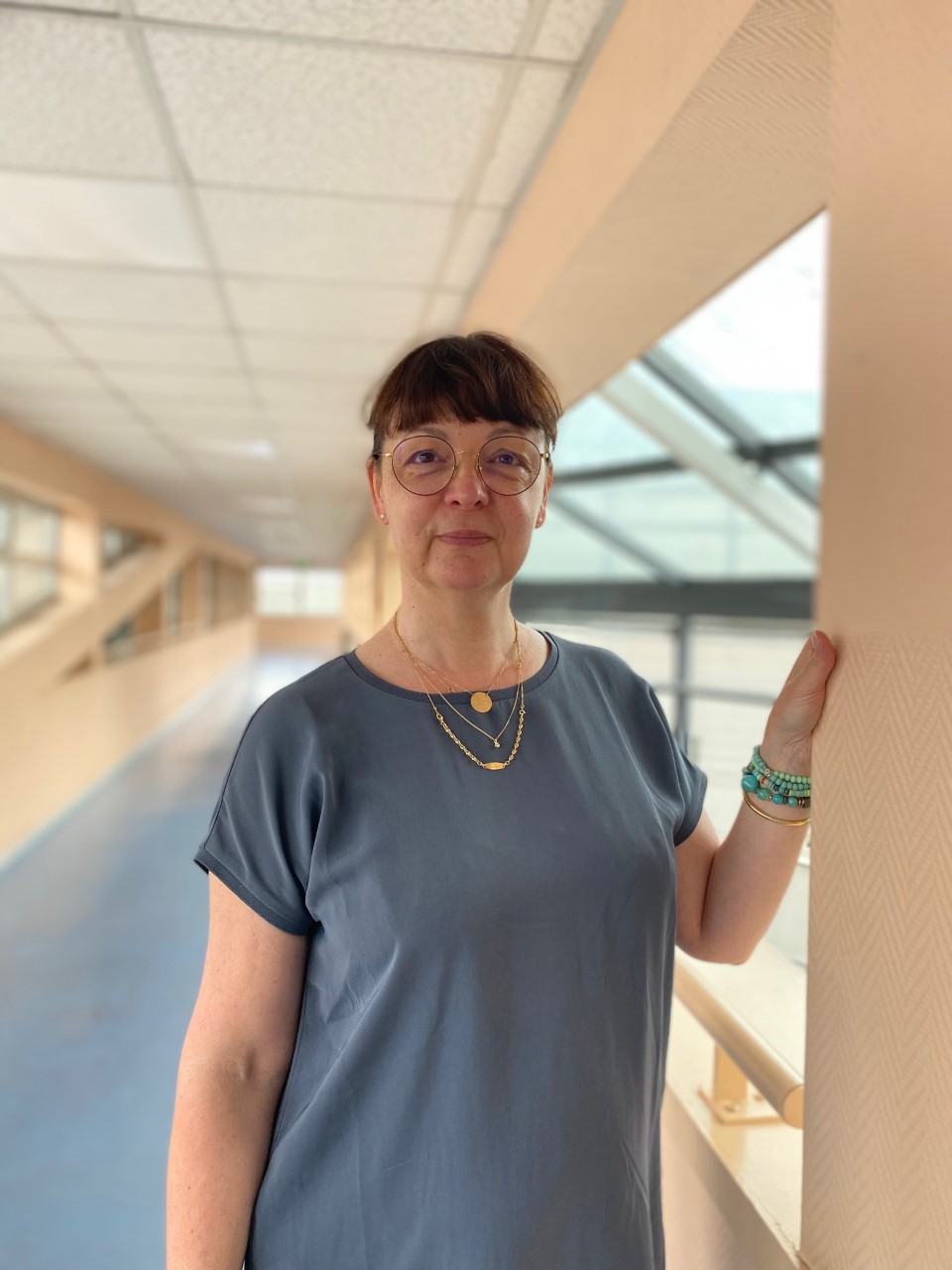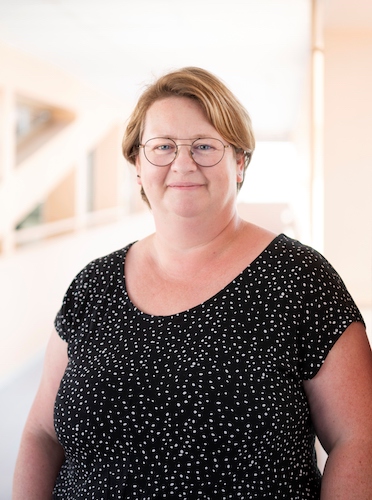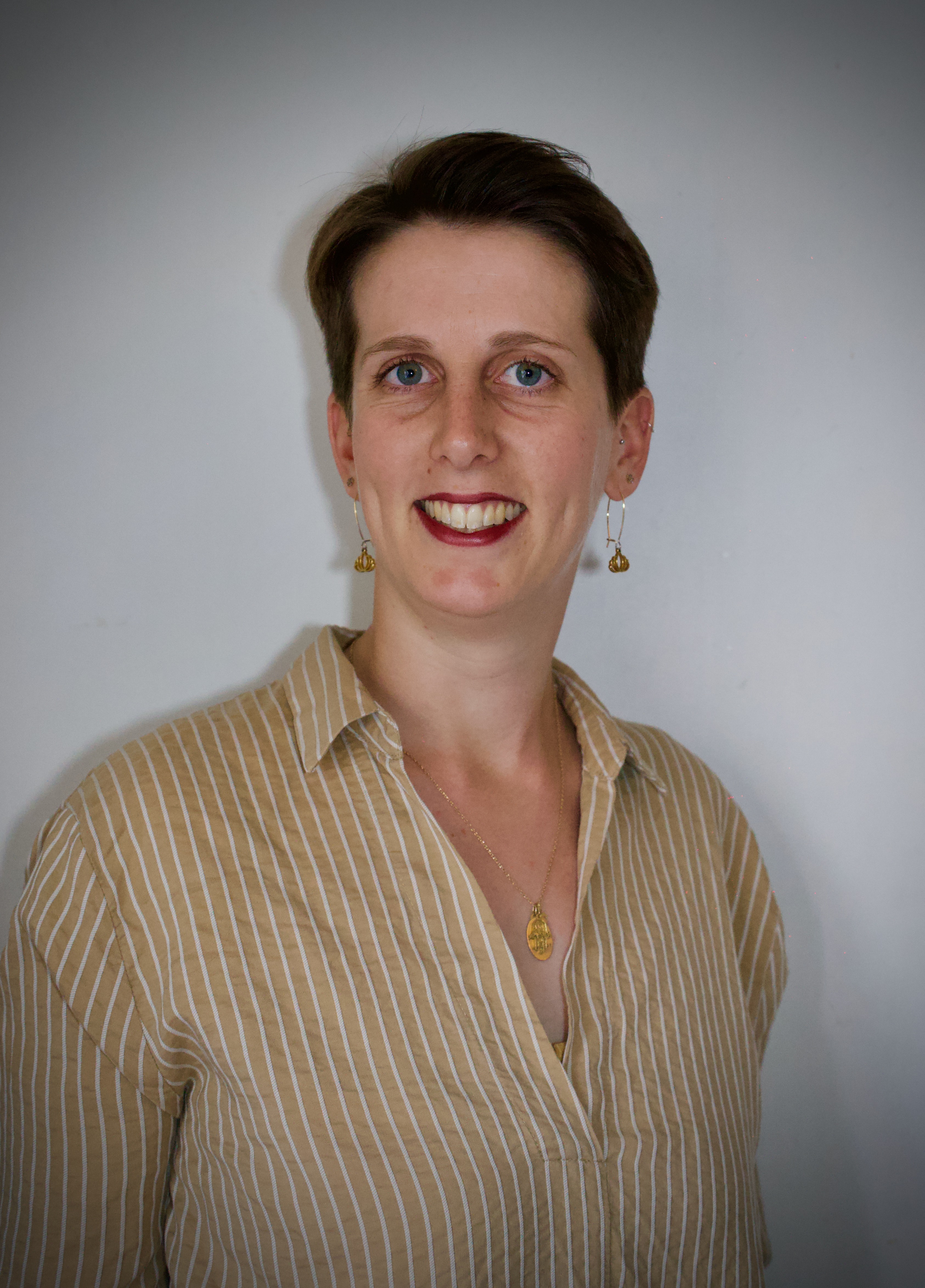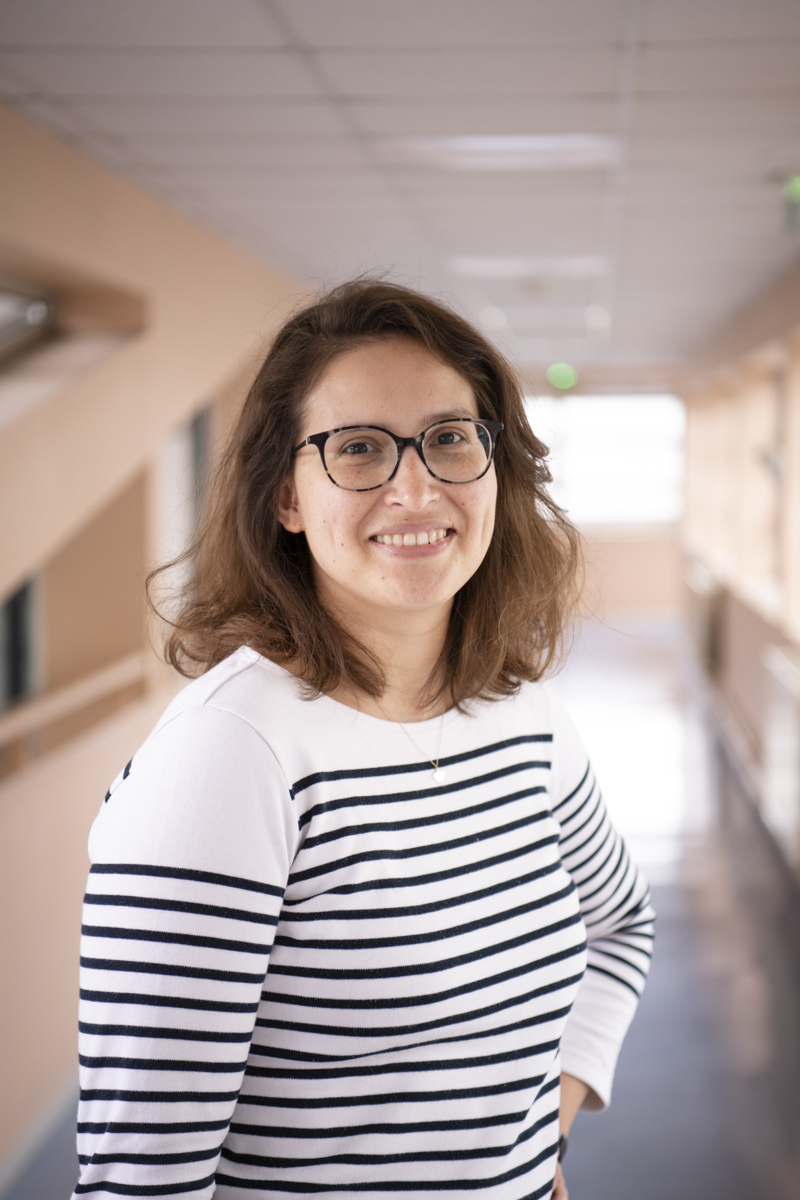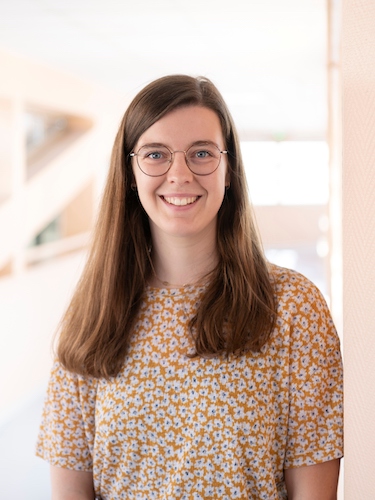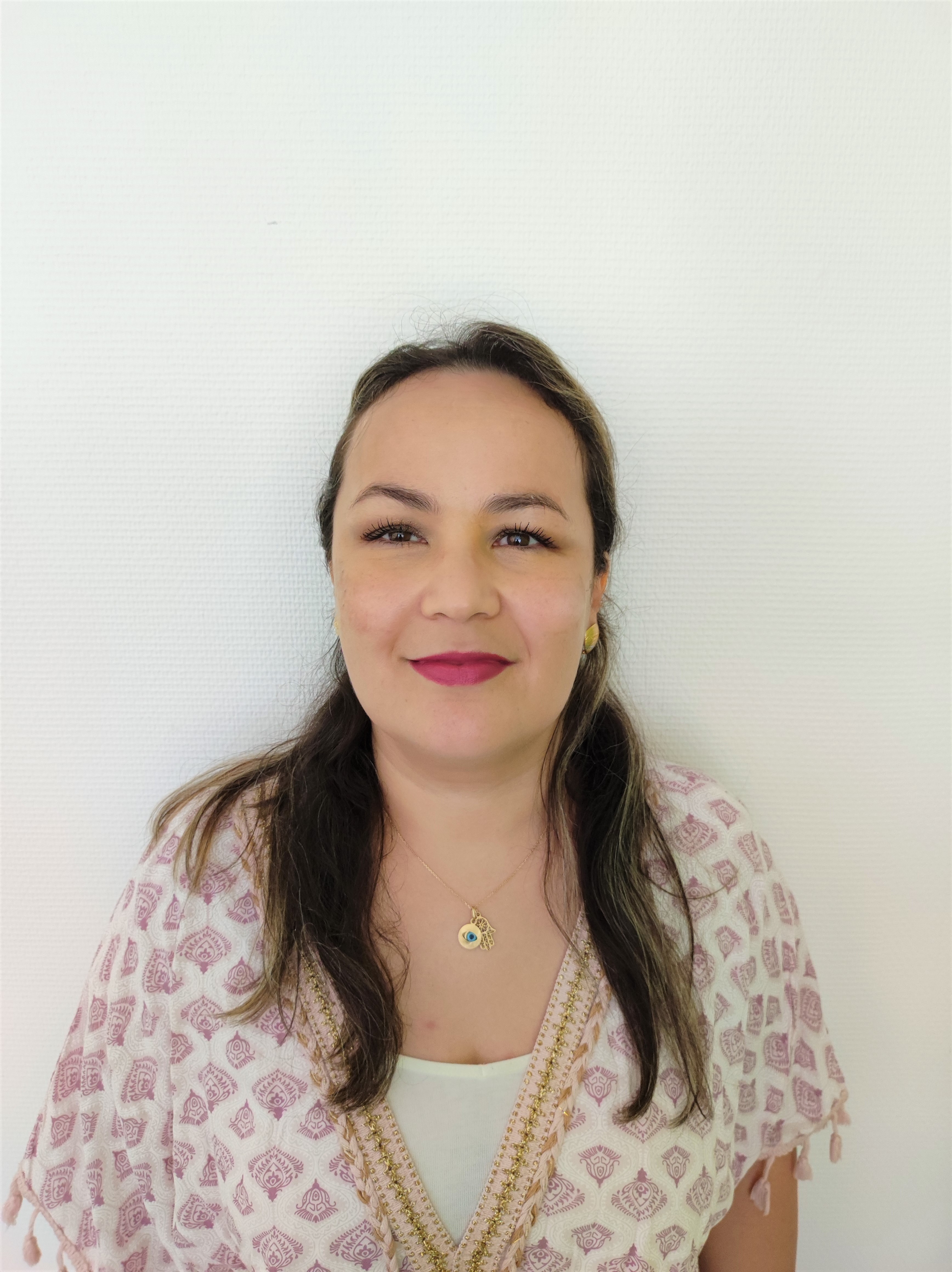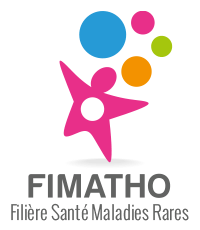CREATION
Since 2004, the treatment of rare diseases has been one of France’s five public health priorities. France has played a pioneering role in rare diseases: it was the first country in Europe to have defined and implemented dedicated national plans in this area.
France's first National Plan on Rare Diseases (PNMR1 - 2005-2008) helped to improve the diagnosis and treatment of rare diseases thanks to the creation of 131 reference centres.
As a continuation of that plan, the second National Plan on Rare Diseases (PNMR2 - 2011-2016) led to the creation of rare disease networks whose objective is to coordinate the actions of stakeholders involved in the treatment of rare diseases. There are currently 23 such networks, each focussing on a set of rare diseases that have certain shared attributes.
These networks bring together a number of stakeholders: reference centres (CRMR) and competence centres (CCMR), health care structures that work with these centres, laboratories and advanced diagnostic platforms, social work and medical social work professionals and structures, research teams and patient-support organisations.
They are coordinated by physicians and project teams working in teaching hospitals (CHUs).
The missions of these networks have been reinforced as part of the third National Plan on Rare Diseases, launched on 4 July 2018 by the Ministries of Health and Research.
Created in October 2014, FIMATHO is the national network dedicated to rare abdominal and thoracic diseases and malformations.
Its aim is to strengthen the ties between health care stakeholders involved in research, diagnosis, treatment, training and patient support and also to coordinate all of their actions on the national level.
Its main missions are:
- improvement in the treatment of patients;
- development of basic, translational and clinical research;
- teaching, training and information;
- collaboration with European reference networks (ERN) for rare diseases.
Organisation of the FIMATHO network
Management committee
The management committee defines the network’s strategic focuses. It meets every two months. It is composed of coordinators from each reference centre, one representative from research laboratories, one representative from patient-support organisations and the network’s project manager. Committee members are elected for a five-year term.

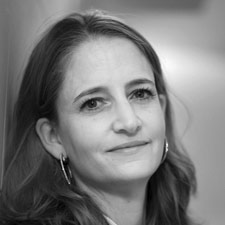

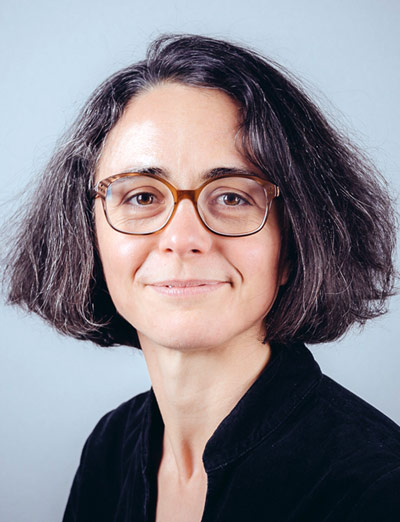

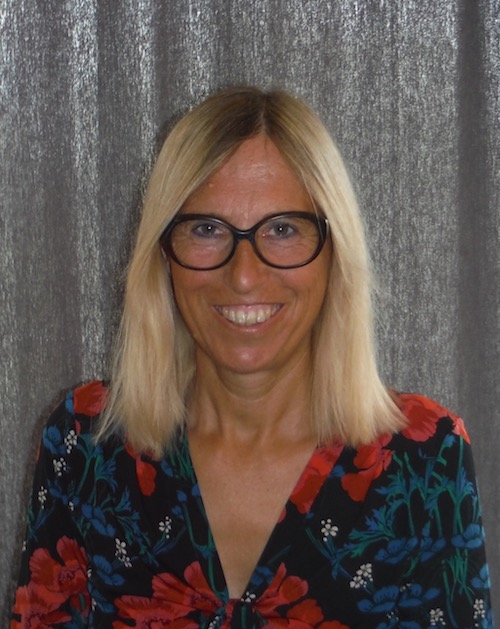

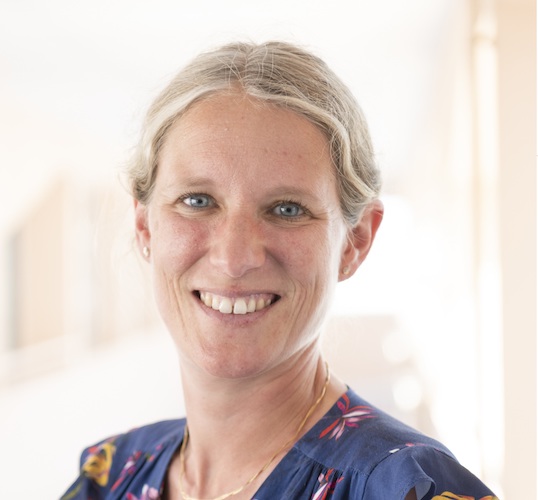
Scientific committee
The scientific committee plays a consultative role on some projects. It is composed of coordinators from the reference and competence centres and of a representative from a learned society in the field. It meets twice a year.
The FIMATHO project team
The project team coordinates the network’s day-to-day work and ensures implementation of the strategic orientations defined by the management committee.
It is composed of:
The coordinator’s main missions include the regular monitoring of the network’s projects, representing the network with agencies (DGOS, etc.), chairing meetings of the management and scientific committees, etc.
The project leader is in charge of coordinating the project team. She monitors all of the network's actions and projects. She is in contact with the various stakeholders of the network (network members, associations, other networks, external service providers, etc.). Alongside the coordinator, she represents the network with institutions and with the Ministry of Health. She ensures budget monitoring for the network and collaborates in the compilation of official documents.
Four regional liaison officers
The network's four liaison officers are based regionally to be as close as possible to network stakeholders. They are each responsible for working groups within the network (oral feeding, transition from adolescence to adulthood, medico-social issues, etc.).
Contacts:
- Ile-de-France and Strasbourg: aurelie.coussaert@chu-lille.fr
- North: rachel.pamart@chu-lille.fr
- West/North-west: ariane.david@chu-lille.fr
- South-east: marine.gonzalez@chu-lille.fr
She performs all administrative tasks necessary for the proper functioning of the network. Its main missions are: bookkeeping, processing of orders, support for the team in organising the network’s projects.
The main mission of the clinical research associate (CRA) of the FIMATHO network is to help set up the Banque Nationale des Maladies Rares (BNDMR) throughout the country. The CRA is the privileged interlocutor of the rare disease expert centres concerning the BNDMR. She works in close collaboration with the regional task forces.
Contact: arcfimatho@chu-lille.fr
A clinical research associates coordinator
The main task of the coordinating clinical research associate (CRA) coordinator is to coordinate and harmonise BaMaRa coding within the FIMATHO network. She also works on the quality of the data entered into BaMaRa. The coordinating CRA works closely with the BaMaRa CRA.
Contact: arcfimatho@chu-lille.fr - ioanna.meintani@chu-lille.fr
Her missions are to raise awareness of paediatric feeding disorders among health professionals, to improve the quality of life of patients affected by these disorders, to support families and to conduct innovative projects on these orality issues. She is particularly interested in the latest scientific publications in the field to ensure the relevance of FIMATHO network's proposals to patients, families and professionals.
The psychologist is primarily working on the DANAO study, which analyses the effect of the timing of diagnosis (prenatal vs. postnatal) on the post-traumatic reactions of parents of children who have undergone surgery for oesophageal atresia. Led by Professor Véronique Debarge, this observational, multicentre, national study involves mothers of children aged 12 to 24 months who have undergone surgery for type 1 or 3 oesophageal atresia (an ancillary study is being conducted among fathers).
Contact: justine.blampain@chu-lille.fr
Team organisational chart
